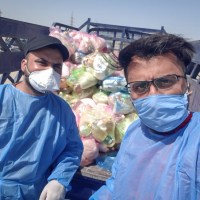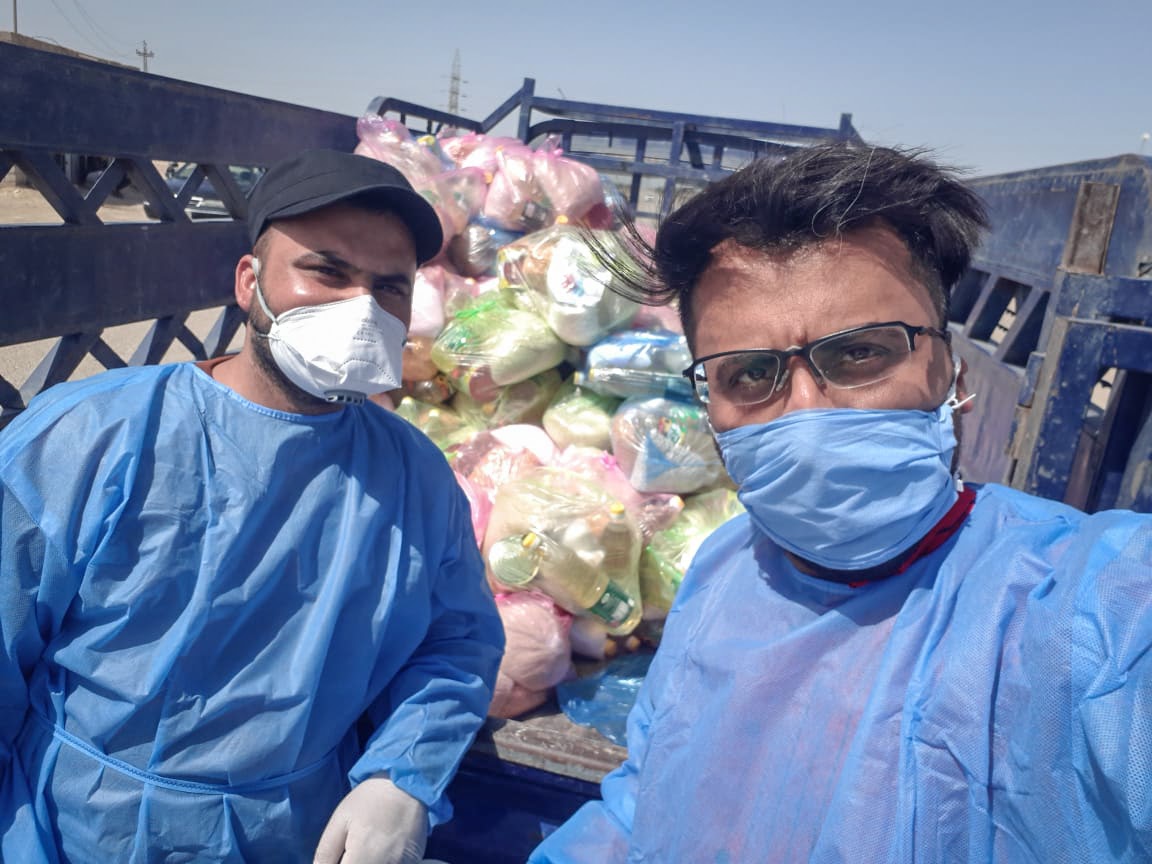“Some of these families haven’t eaten for days,” Ghassan explained. “This town suffered from a high rate of poverty long before the coronavirus.”
Widows. Orphans. Grandparents. They were going without food, and had no idea when they might have their next meal. They are poor. They are quarantined in their homes by the military because of COVID-19. And they felt utterly abandoned by the world.
These families live day-to-day at the best of times. Those who are able to work, mostly work in agriculture. They tend other people’s fields, take care of other people’s livestock. This is daily work—they get paid a little each day for their effort, just enough to feed their family that day, if times are good. These families never get the chance to save money, or to stock-up for hard times.
When we heard about these families starving, we asked for your help. You showed up, and donated enough to allow us to deliver food to 7,300 of the most vulnerable families in this community. Within just a few days, the food was purchased, packed, and delivered—all in a way to protect both families and volunteers from contracting or spreading the deadly virus that is responsible for this community’s lockdown.
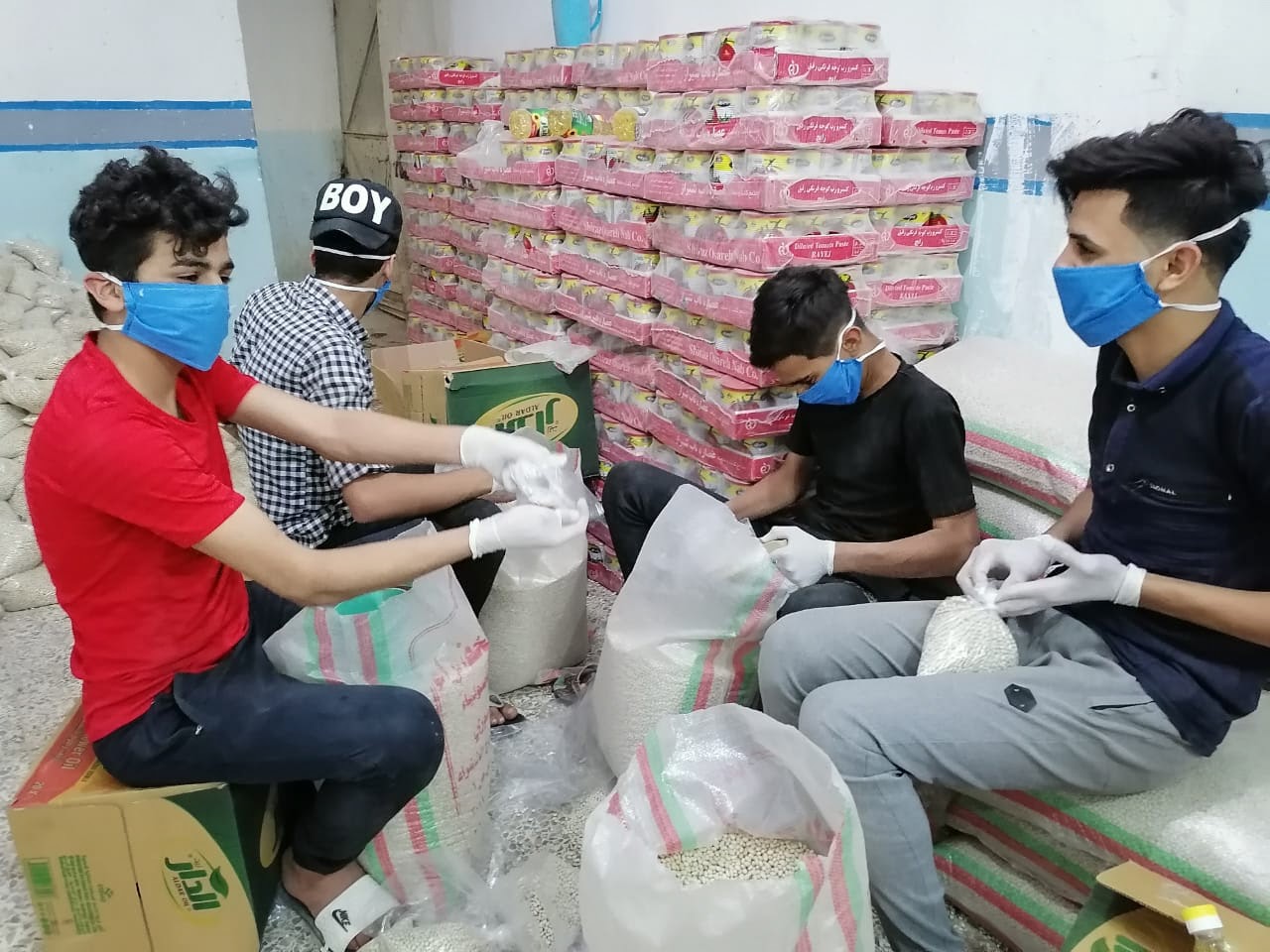
How did this happen?
It started with one person. Just one resident of this town returned from the city, and didn’t take precautions against potentially spreading the virus, probably because they didn’t feel sick at the time. They visited their family and neighbors, as is important to do in this culture.
The problem though? They were infected. Their father was the first in the town to die of COVID-19. And since then, others in the town have come down with coronavirus symptoms. In order to prevent further spread, a quarantine was put into place, enforced by the military. Everyone must stay in their own home, for an undetermined period of time.
They can’t go to the grocery store. They can’t take their family for a walk. They can’t even go out to talk to their neighbor. They cannot leave their homes for any reason except an extreme medical emergency.
So, if their kitchen cupboards were bare when the lock-down started… they had nothing to eat. And that is exactly what happened to the town’s poorest families.
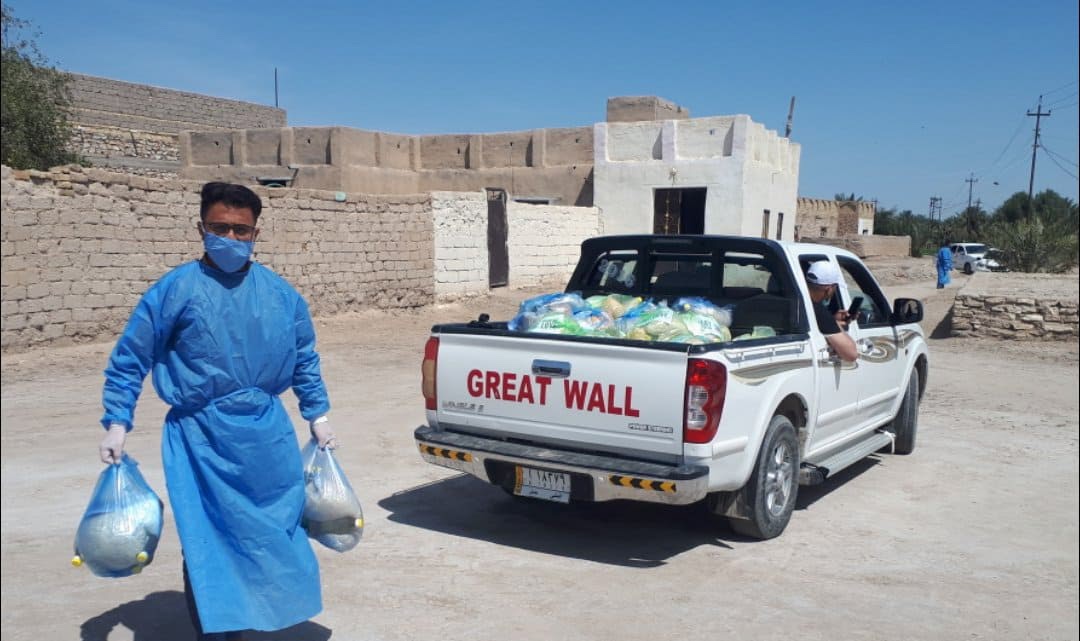
How can we respond so quickly?
The crisis started with one person, but the response is a coordinated effort. It takes all of us.
Our work is designed to be responsive. After more than ten years of listening, we have learned what works best—even in situations like this.
We work with local people, so we always have a clear picture of what’s happening on the ground. We build relationships over years, which fosters trust both ways, so when our colleagues bring a need, we listen.
Sadiq, our friend who alerted us to the need in this community—his community, in fact—has been a colleague for years, repeatedly risking his life to bring your love to those in the most desperate circumstances. (Hear more of Sadiq’s story at the link below.)
PODCAST EPISODE: THE LONGEST NIGHT
Friends from the area volunteered to secure food locally and pack a share for each family. Then they went door-to-door, long into the night, delivering food packs to the most vulnerable families. Because we already had relationships in this community, we didn’t need to wade through days (or weeks) of red tape to secure permissions to get in in through checkpoints.
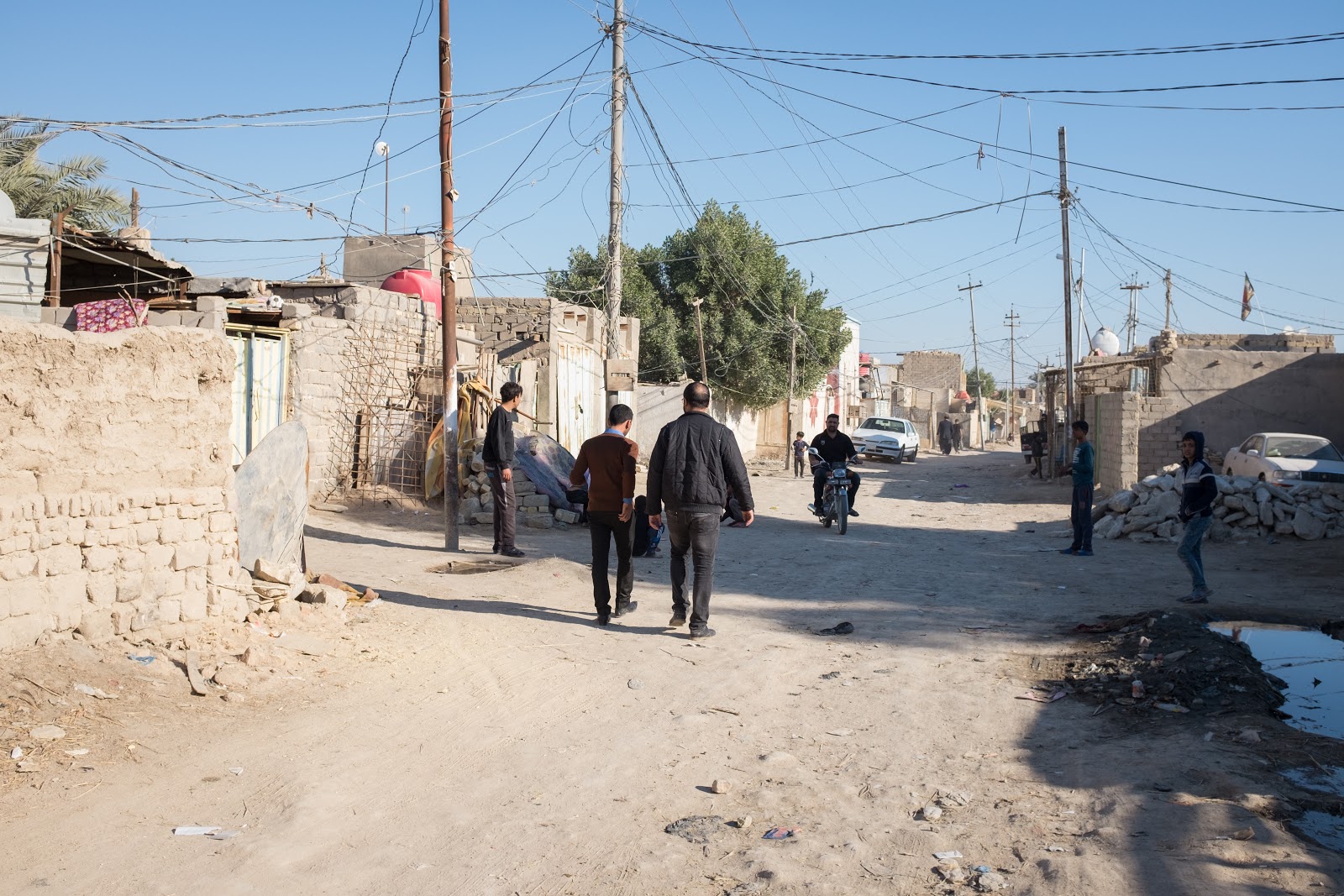
Ultimately, it’s our monthly donors who give us the capacity to say yes, to be the first in to help these families. We say this a lot, but it’s impossible to over-emphasize this: monthly donors are the backbone to everything we do. Monthly donors allow us to look our friends in need in the eye, and say, “Yes!”
GIVE MONTHLY TO HELP FAMILIES IMPACTED BY COVID-19
Help us say “yes” again.
“You were the first, and the fastest, to respond to these families’ calls. And you’re the only ones yet to bring aid here.” Our friend Ghassan wasn’t paying us a compliment—he was stating a hard fact. In many places ravaged by violence, places where we live and work—like Iraq, Syria, Mexico, and the Venezuelan border—the impact of COVID-19 is just starting to be felt.
Syrian refugees are trapped in camps, unable to work or to buy food for their families. Mexican migrants are in the same tough spot, stuck inside shelters and let go from the jobs they had before the virus began shutting down their city. And Venezuelan families trying to survive along the border with Colombia… they’re used to hunger. That is a part of their daily life. But everything is getting harder.

